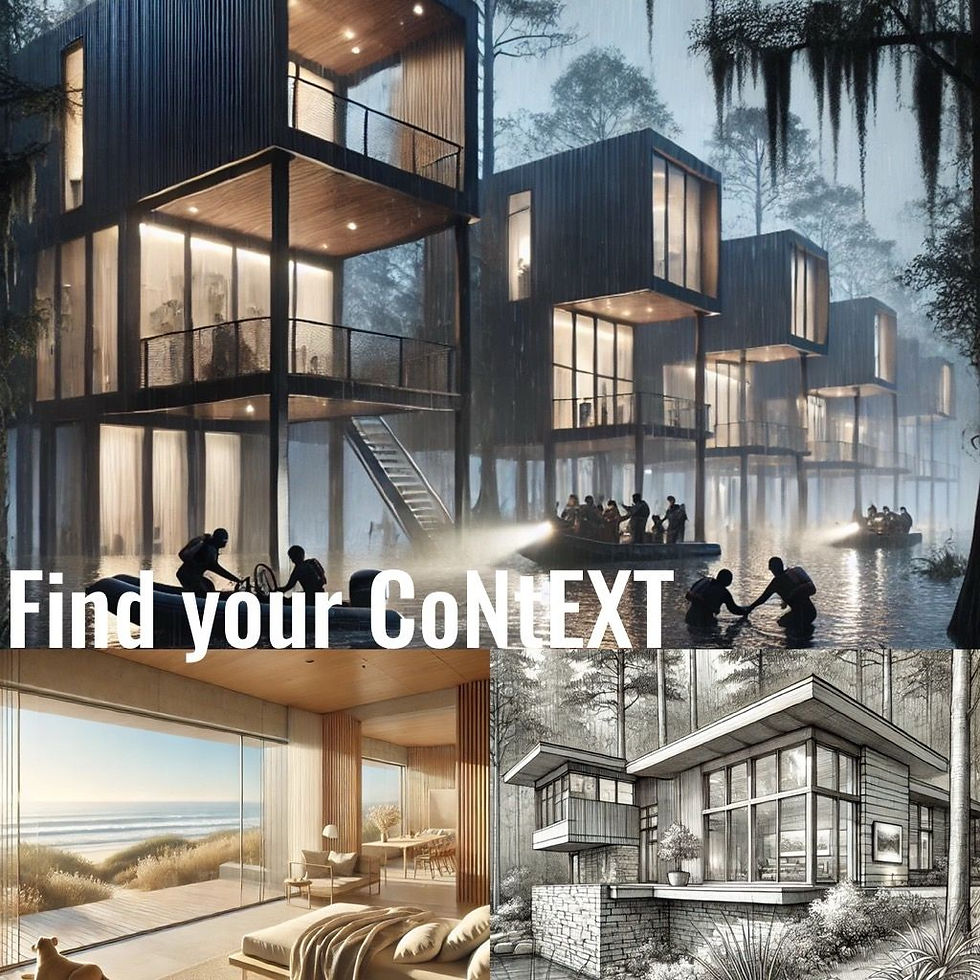Reimagining Louisville: Transforming Historic Whiskey Row Buildings into Vibrant Boutique Hotels
- donwhitten
- Jun 5, 2025
- 3 min read
Louisville, Kentucky

During my recent visit to Louisville, Kentucky, I was captivated by the city’s historic charm, particularly along its Main Street. Strolling past the rows of late 19th and early 20th-century buildings—many of which sit abandoned—I couldn’t help but envision their potential. Inspired by Louisville’s Whiskey Row and the Kentucky Bourbon Trail, I began imagining how these architectural gems could be transformed into boutique hotels, ushering in a new era of vibrancy for this storied city.
A Brief History of Louisville and Its Architecture
Founded in 1778, Louisville boasts a rich cultural and architectural history. By the late 19th century, its Main Street became a bustling hub for commerce, with intricate cast-iron facades and stately brick buildings epitomizing the era’s architectural excellence. However, as urban centers shifted and industries modernized, many of these once-proud buildings fell into disuse.
Today, despite Louisville’s growing popularity as a destination for bourbon tourism, a significant number of these historic structures remain vacant. Their weathered exteriors stand as both a testament to the city’s golden past and a call for reinvention.
An Inspired Vision: CoNtEXT_design’s Approach
At CoNtEXT_design , we see opportunity where others see vacancy. The potential for transformation lies in blending historic preservation with contemporary innovation. Louisville’s unique position as the gateway to the Kentucky Bourbon Trail makes it the ideal city to pair historic architecture with boutique hospitality.
Imagine stepping into a boutique hotel that seamlessly marries the charm of a 19th-century facade with the sleek modernity of contemporary interiors. Visitors could wake up in beautifully restored rooms, enjoy locally sourced meals in ground-floor cafes, and step out onto Main Street to begin their bourbon trail adventures. Our vision is to create not just hotels, but experiences—ones that honor Louisville’s past while inviting visitors to shape its future.
A Redevelopment Plan Inspired by Context
Our proposed redevelopment plan draws heavily from Louisville’s architectural history, integrating modern design to create a cohesive, revitalized urban landscape. The attached concept image serves as a starting point: a boutique hotel that respects the scale and character of Main Street’s historic structures while introducin
g contemporary materials and transparency through expansive glass facades.
The ground floors could host cafes, bars, and retail spaces, creating active streetscapes that engage both locals and tourists. Upper levels would house luxury accommodations and event spaces, featuring balconies with views of the city’s iconic streets. This mixed-use development would reinvigorate Main Street, attracting foot traffic and fostering a sense of community.
Reviving a City: Opportunities for Growth
The transformation of these vacant buildings could bring unparalleled vibrancy to Louisville. By integrating hospitality, retail, and community spaces, these projects could:
• Attract increased tourism to downtown neighborhoods.
• Generate economic opportunities for local businesses.
• Preserve Louisville’s architectural heritage for future generations.
• Enhance the city’s status as a cultural and bourbon tourism hub.
Beyond the economic benefits, this approach would breathe new life into areas that currently feel forgotten, creating spaces where history and modernity coexist harmoniously.
Learning from Other Cities
Louisville is not alone in its journey to repurpose historic buildings. Cities like Savannah, Georgia, and Charleston, South Carolina, have successfully transformed aging architecture into vibrant tourism-driven districts. In Savannah’s downtown, historic buildings have been redeveloped into boutique hotels and mixed-use spaces, drawing tourists while preserving the city’s unique character.
Similarly, in Charleston, adaptive reuse projects have turned vacant warehouses into bustling cultural centers, blending history with contemporary amenities. These precedents show that thoughtful redevelopment can rejuvenate a city while maintaining its soul.
A Personal Reflection
As I walked Louisville’s streets and visited the stops along the Kentucky Bourbon Trail, I couldn’t help but feel inspired. The city’s combination of rich history, architectural beauty, and modern potential is unparalleled. At CoNtEXT_design, we’re eager to contribute to Louisville’s next chapter, creating spaces that honor its heritage while paving the way for a vibrant future.
Historic buildings tell a story, but it’s up to us to write their next chapter. By embracing innovative redevelopment and blending history with modernity, Louisville can reclaim its place as one of America’s most vibrant cities.
Join Us
At CoNtEXT_design, we welcome conversations and connections with development partners who have experience with similar project types or local expertise in Louisville. If you’re inspired by the vision of transforming Louisville’s historic buildings into vibrant, mixed-use spaces, we’d love to hear from you. Let’s join forces to create something extraordinary.

Keywords: Louisville architecture, boutique hotels, historic preservation, adaptive reuse, Kentucky Bourbon Trail, Whisky Row, mixed-use development, urban revitalization, architectural design, Context-Design, redevelopment projects.



Comments